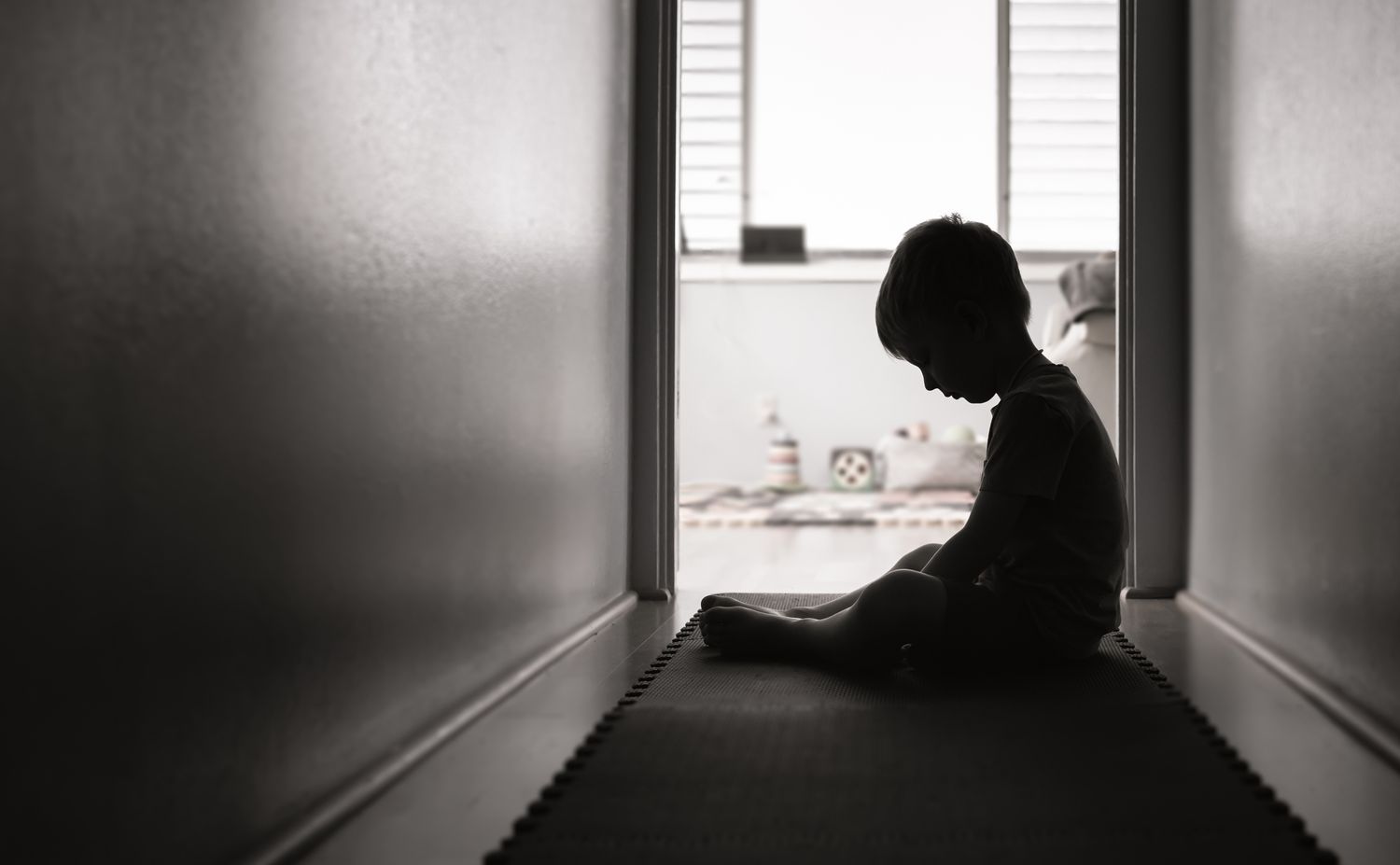How Childhood Trauma Affects Adulthood

When we think of children, we often view them as brilliant and resilient kids. They can bounce back from almost anything.
Although it may seem like children “bounce back”, traumatic experiences in childhood can lead to serious and long-lasting effects into adulthood, particularly when the trauma goes unresolved.
CHILDHOOD TRAUMA CAN RESULT FROM ANYTHING THAT LEAVES A CHILD FEELING HELPLESS, DISRUPTING THEIR SENSE OF SAFETY AND SECURITY. THIS CAN INCLUDE:
- Sexual abuse
- Physical abuse
- Verbal abuse
- Domestic violence
- Unstable/unsafe environment
- Separation from a parent
- Neglect
- Bullying
Childhood is the foundation on which we build our personality. The experiences that happen during these years help us understand the world around us, our relationships, feelings, and thoughts. When we are young, we don't truly understand what is going on and the effect that it will have on us or our children.
Simply accepting something does not mean that you are embracing the trauma that came along with the incident. When you let the situation go, you either decide to grow with it or make the decision to let it dictate your life. That is not to say that the trauma is magically gone, but it no longer robs you of happiness.
As you get into adulthood and your trauma is unresolved you start to project your emotions to others without realizing what you are doing.
Trust Issues: Childhood trauma, particularly experiences of betrayal or abandonment, can result in trust issues. Individuals who have been hurt in the past may find it challenging to trust anyone fully.
Attachment Issues: Some individuals may develop a restraint lifestyle. Leading them to avoid or distance themselves emotionally in relationships. Others may develop an anxious attachment style, leading to clinginess, fear of rejection, and a constant reassurance.
Fear of Intimacy: Childhood trauma can create a fear of intimacy and emotional closeness. The vulnerability required in intimate relationships can trigger feelings of anxiety, fear, or even flashbacks to past traumatic events.
Emotional Difficulties: Unresolved childhood trauma can impact your ability to control emotions. They may experience intense mood swings, have difficulty expressing emotions, or become overwhelmed by feelings of anger, fear, or sadness.
Low Self-Esteem and Self-Worth: Childhood trauma can deeply impact an individual's self-esteem and self-worth. They may struggle with feelings of unworthiness, shame, or self-blame. These negative beliefs can influence their choices in relationships, leading them to settle for unhealthy or toxic dynamics.
Childhood trauma is a painful experience, but it does not need to remain a powerful source in one's life. By working with a trauma therapist, you can pinpoint your triggers and build healthy coping mechanisms to work through your experiences. Becoming a better version of yourself. A version of yourself that you have been missing and searching for.
Find Emunah!